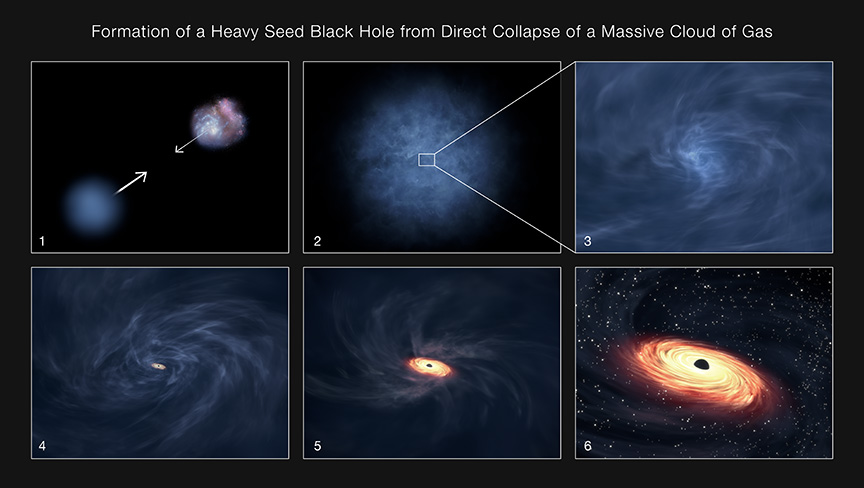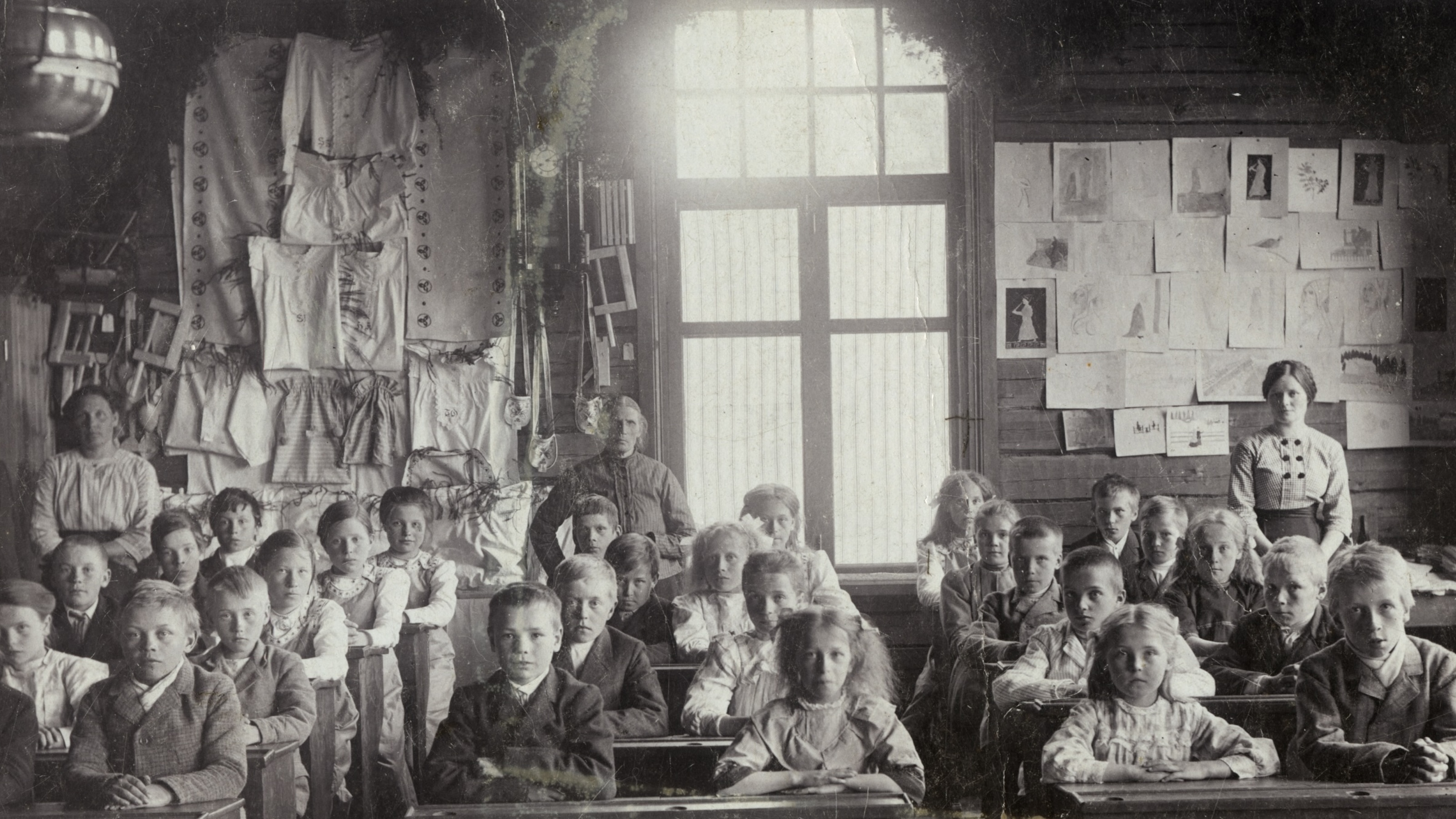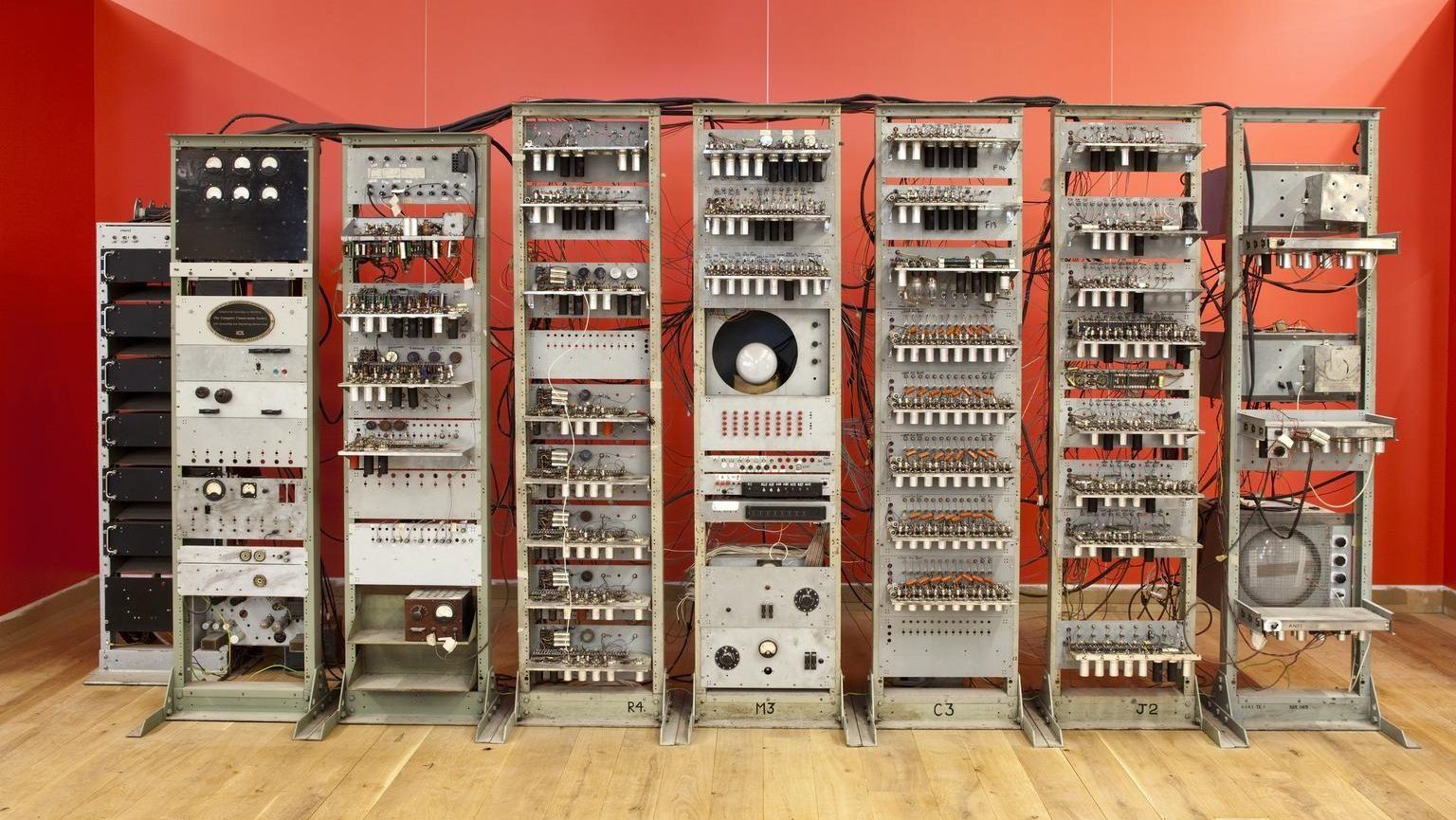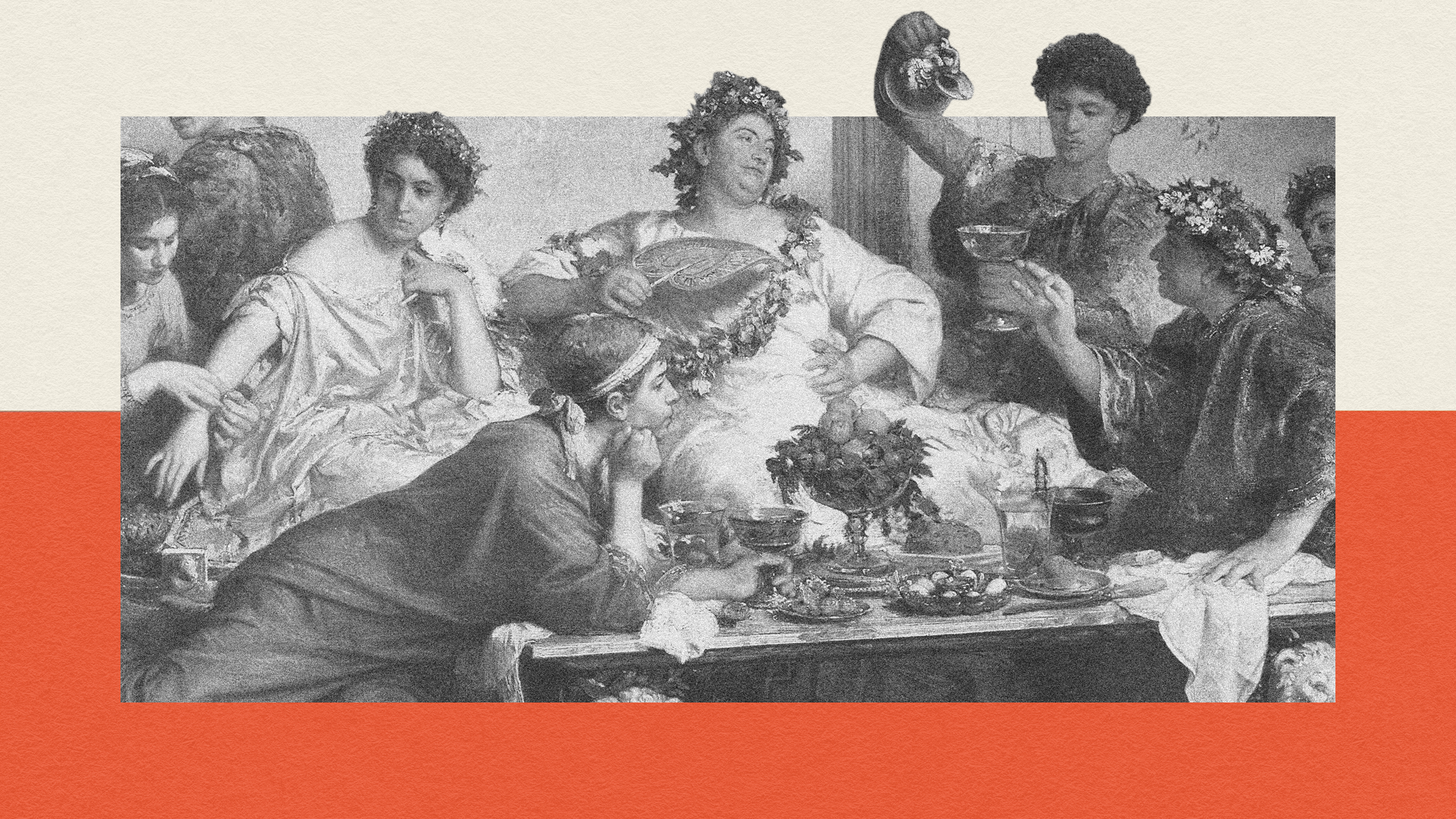Matthew Malin and Andrew Goetz are the founders of (Malin+Goetz) apothecary and lab, an international skin care and perfume company that started out in New York in 2004.
A relationship with a bar of soap turned into in a high-end skin care venture.
Question: What’s the story behind rn(Malin+Goetz)?
Andrew Goetz: I was the ultimate rnminimalist. I washed my face, body, hair and shaved with a bar of rnNeutrogena. You know, a very clean rectangle square.
Matthew rnMalin: Yes, and I was a beauty buyer for Barney’s when it was a rnfamily-owned and -operated business, so I had thousands of things rnavailable to me that I couldn’t use and I’d bring them home. We knew rneach other maybe for two years at this point and eventually Andrew rnstarted to see that something more than just a bar of Neutrogena soap rnmade a difference. And sometimes—when he would sort of vet the various rndifferent items—I would be able then to try something as it was my job rnto evaluate in the first place that might in fact be appropriate for my rnparticular skin type.
Andrew Goetz: I think what I rnlearned is, or my evolution was that it doesn’t necessarily have to be rnmore expensive, but there are definitely differences in quality and you rnuse a better product, you have better results. But I also found from rnjust a design perspective it was baroque out there. There were so many rnsteps. It was very intimidating and I’m a firm believer of less is more,rn not only in architecture and design, but also in your whole lifestyle rnthat you don’t need to do 150 different things just to get out the door.rn The fact of the matter is we live in New York and our customers live inrn urban centers. They don’t have time for ritualistic ten step programs, rnwhich aren’t even efficacious anyway.
Matthew Malin: But rnmost interestingly Andrew is quite oily and his skin is fairly rnresilient. Mine is dry and quite sensitive. I had suffered from several rndifferent existing conditions and what we found through the years was rnthat in fact there were only a few things that were really effective forrn both of us and it wasn’t a complicated understanding of these expansivern ideas of skincare. It was really a great cleanser and a great rnmoisturizer. And when you started to then look at Neutrogena as a rncompany and you start to look at three-step Clinique and these very rnsimple ideas; if you can create sort of the best cleanser and the best rnmoisturizer, you’ve really established the core of what you need.
Andrewrnrn Goetz: Yeah, you don’t need a tertiary product if you already have rnthe best.
Matthew Malin: Yes, so those were the real rnvoids that we saw in the marketplace and I think that we’ve hit home in rnmost of them.
Andrew Goetz: Yeah and also there was a rnvoid... There were very few unisex brands, you know most people, so it rnwas an amazing opportunity to literally add 50 percent to your market byrn being unisex and the fact of the matter is whether you’re a man or rnwoman or whatever your ethnicity is, we’re all basically biologically rnthe same. So this whole idea of marketing that you’re from here, you’re rnfrom there and you’re masculine, you’re feminine... is sort of rnmarketing.
Matthew Malin: It really came down to the idearn of how a modern couple could shop for and use products together. rnSomebody with oily, resilient skin, somebody with dry, sensitive skin rnand it didn’t matter what your sex was or your race or et cetera, et rncetera, that you could share these products and that they would be rnreally effective and really great.
Andrew Goetz: And evenrn your skin type, whether the pendulum skews one way or the other, most rnpeople are somewhere in between and have a combination of different skinrn conditions on their face, which can change with hormones, with age, rnwith weather, with seasons. It’s always a moving target, so... and we rntry to address all those things in a way that other companies haven’t rndone.
Question: Did you notice a big difference after rnyou stopped using the Neutrogena bar?
Andrew Goetz: rnYeah. I did as a matter of fact.
Matthew Malin: Doesn’t rnhe look great? He is like 80 years old.
Andrew Goetz: rnAlmost, but not quite. Thank you very much. Sometimes I feel like I’m rn80, but yeah, no, you do notice it and you feel better.
Question:rn What’s the secret to a successful brand?
Matthew Malin:rn I think that there is a lot of passion behind the brand in terms of howrn it connects with the consumer. That it’s real. It’s not just another rncorporation creating a brand for the sake of marketing. We really tried rnto do something that was special and unique and fill a void in the rnmarketplace and to do something from a family-owned and -operated rnapproach, something that was local and interesting and specific to our rncustomer base.
Andrew Goetz: And I think also what makes rnthe brand so strong is that we really put so much energy into creating rnreally superior or great products. And people, when they experience somern that efficacious, they come back and they tell other people. So while rnwe’re not advertising and having great marketing campaigns, we have thisrn great guerilla or word-of-mouth campaign because people use everything rnand they love it so much and we’re also really true to the brand. We rndon’t develop things because the season is saying this is in vogue now rnor this is in vogue tomorrow. We develop products that we really believern the market needs or that we would actually use. I mean, most of the rnproducts were developed around our own lifestyle to a certain extent.
Matthewrnrn Malin: I was going to say the same. I was going to say the same. rnThat we in fact, in terms of filling voids, part of it was addressing rnour own specific lifestyle in terms of those particular voids, so most rnof the products and the brand itself really speaks to how we live our rnlives every single day. And those experiences from Andrew’s design rnbackground and those experiences from my beauty background, and how we rncould create something really wonderful and unique and fill these sort rnof marketplace voids that made a difference in a way that we would use rnthem ourselves because we needed or we wanted them.
Andrew Goetz: I was the ultimate rnminimalist. I washed my face, body, hair and shaved with a bar of rnNeutrogena. You know, a very clean rectangle square.
Matthew rnMalin: Yes, and I was a beauty buyer for Barney’s when it was a rnfamily-owned and -operated business, so I had thousands of things rnavailable to me that I couldn’t use and I’d bring them home. We knew rneach other maybe for two years at this point and eventually Andrew rnstarted to see that something more than just a bar of Neutrogena soap rnmade a difference. And sometimes—when he would sort of vet the various rndifferent items—I would be able then to try something as it was my job rnto evaluate in the first place that might in fact be appropriate for my rnparticular skin type.
Andrew Goetz: I think what I rnlearned is, or my evolution was that it doesn’t necessarily have to be rnmore expensive, but there are definitely differences in quality and you rnuse a better product, you have better results. But I also found from rnjust a design perspective it was baroque out there. There were so many rnsteps. It was very intimidating and I’m a firm believer of less is more,rn not only in architecture and design, but also in your whole lifestyle rnthat you don’t need to do 150 different things just to get out the door.rn The fact of the matter is we live in New York and our customers live inrn urban centers. They don’t have time for ritualistic ten step programs, rnwhich aren’t even efficacious anyway.
Matthew Malin: But rnmost interestingly Andrew is quite oily and his skin is fairly rnresilient. Mine is dry and quite sensitive. I had suffered from several rndifferent existing conditions and what we found through the years was rnthat in fact there were only a few things that were really effective forrn both of us and it wasn’t a complicated understanding of these expansivern ideas of skincare. It was really a great cleanser and a great rnmoisturizer. And when you started to then look at Neutrogena as a rncompany and you start to look at three-step Clinique and these very rnsimple ideas; if you can create sort of the best cleanser and the best rnmoisturizer, you’ve really established the core of what you need.
Andrewrnrn Goetz: Yeah, you don’t need a tertiary product if you already have rnthe best.
Matthew Malin: Yes, so those were the real rnvoids that we saw in the marketplace and I think that we’ve hit home in rnmost of them.
Andrew Goetz: Yeah and also there was a rnvoid... There were very few unisex brands, you know most people, so it rnwas an amazing opportunity to literally add 50 percent to your market byrn being unisex and the fact of the matter is whether you’re a man or rnwoman or whatever your ethnicity is, we’re all basically biologically rnthe same. So this whole idea of marketing that you’re from here, you’re rnfrom there and you’re masculine, you’re feminine... is sort of rnmarketing.
Matthew Malin: It really came down to the idearn of how a modern couple could shop for and use products together. rnSomebody with oily, resilient skin, somebody with dry, sensitive skin rnand it didn’t matter what your sex was or your race or et cetera, et rncetera, that you could share these products and that they would be rnreally effective and really great.
Andrew Goetz: And evenrn your skin type, whether the pendulum skews one way or the other, most rnpeople are somewhere in between and have a combination of different skinrn conditions on their face, which can change with hormones, with age, rnwith weather, with seasons. It’s always a moving target, so... and we rntry to address all those things in a way that other companies haven’t rndone.
Question: Did you notice a big difference after rnyou stopped using the Neutrogena bar?
Andrew Goetz: rnYeah. I did as a matter of fact.
Matthew Malin: Doesn’t rnhe look great? He is like 80 years old.
Andrew Goetz: rnAlmost, but not quite. Thank you very much. Sometimes I feel like I’m rn80, but yeah, no, you do notice it and you feel better.
Question:rn What’s the secret to a successful brand?
Matthew Malin:rn I think that there is a lot of passion behind the brand in terms of howrn it connects with the consumer. That it’s real. It’s not just another rncorporation creating a brand for the sake of marketing. We really tried rnto do something that was special and unique and fill a void in the rnmarketplace and to do something from a family-owned and -operated rnapproach, something that was local and interesting and specific to our rncustomer base.
Andrew Goetz: And I think also what makes rnthe brand so strong is that we really put so much energy into creating rnreally superior or great products. And people, when they experience somern that efficacious, they come back and they tell other people. So while rnwe’re not advertising and having great marketing campaigns, we have thisrn great guerilla or word-of-mouth campaign because people use everything rnand they love it so much and we’re also really true to the brand. We rndon’t develop things because the season is saying this is in vogue now rnor this is in vogue tomorrow. We develop products that we really believern the market needs or that we would actually use. I mean, most of the rnproducts were developed around our own lifestyle to a certain extent.
Matthewrnrn Malin: I was going to say the same. I was going to say the same. rnThat we in fact, in terms of filling voids, part of it was addressing rnour own specific lifestyle in terms of those particular voids, so most rnof the products and the brand itself really speaks to how we live our rnlives every single day. And those experiences from Andrew’s design rnbackground and those experiences from my beauty background, and how we rncould create something really wonderful and unique and fill these sort rnof marketplace voids that made a difference in a way that we would use rnthem ourselves because we needed or we wanted them.
Recorded on March 19, 2010
▸
5 min
—
with





